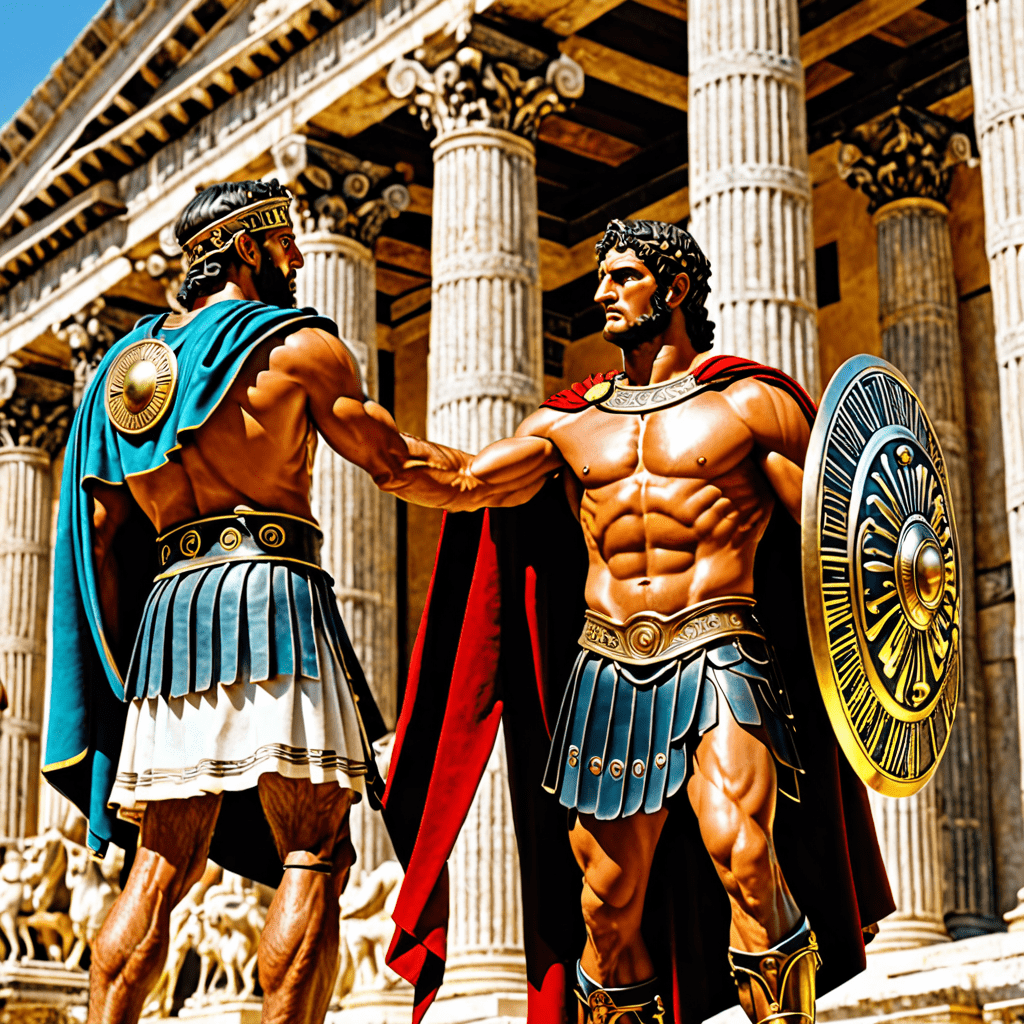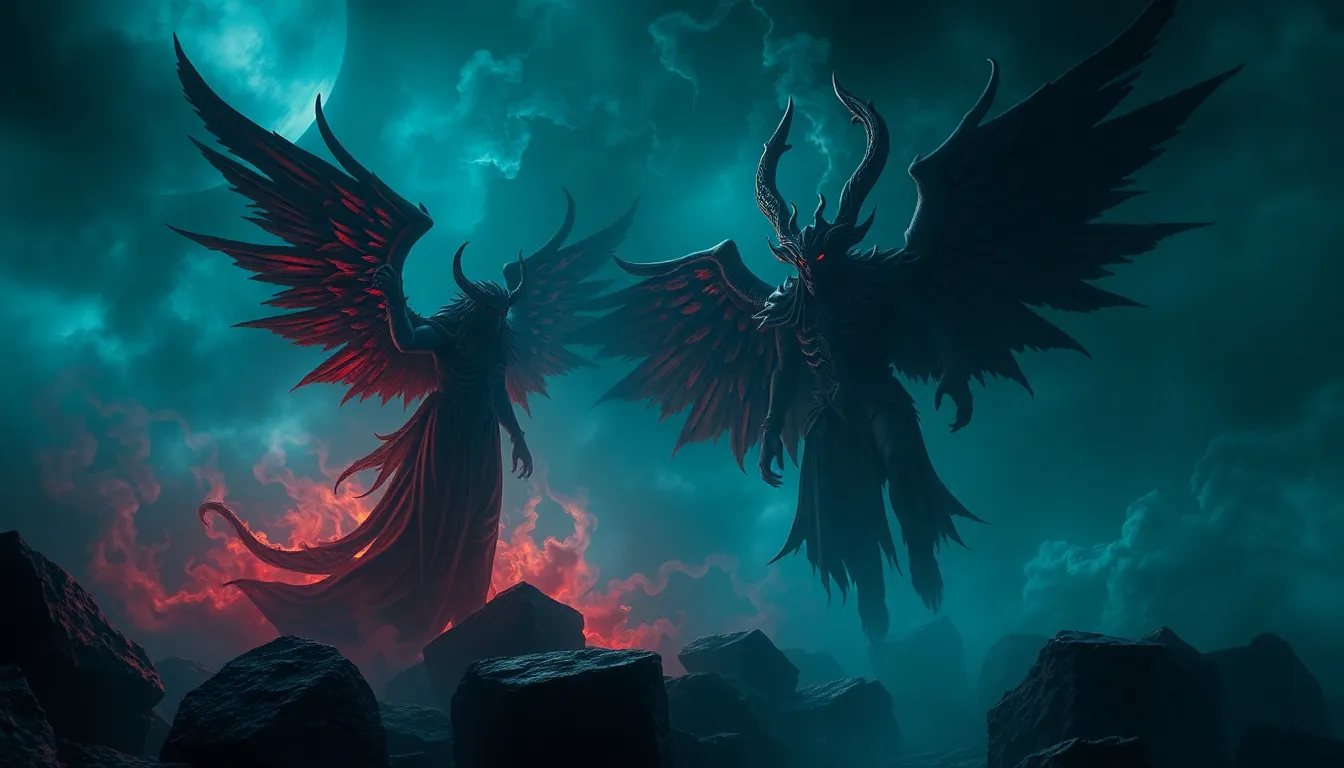The Influence of Roman Mythology on Roman Traditions and Customs
Roman mythology, filled with gods, goddesses, and epic tales, greatly impacted the traditions and customs of ancient Rome. Let’s delve into how these captivating stories shaped the everyday lives of the Roman people.
1. How Did Roman Mythology Influence Religious Practices?
Roman mythology served as a foundation for Roman religious beliefs and practices. Deities like Jupiter, the king of the gods, and Juno, the goddess of marriage, were worshipped in elaborate ceremonies and festivals. The Romans believed that these gods intervened in their daily lives, influencing decisions related to governance, agriculture, and warfare.
2. What Impact Did Roman Mythology Have on Art and Literature?
The myths of Rome inspired countless works of art, literature, and poetry. From sculptures of Venus, the goddess of love, to epic poems like Virgil’s “Aeneid,” Roman mythology played a significant role in shaping the cultural identity of ancient Rome. Artists and writers often drew upon these mythological stories to convey moral lessons and evoke powerful emotions among the Roman populace.
3. How Did Roman Mythology Shape Social Customs and Celebrations?
Many Roman customs and celebrations were influenced by mythological beliefs. For example, the annual festival of Saturnalia, dedicated to the god Saturn, was a time of feasting, gift-giving, and revelry. Additionally, the naming of the months in the Roman calendar was tied to various gods and goddesses, such as March named after Mars, the god of war.
4. In What Ways Did Roman Mythology Impact Architecture and Engineering?
Roman mythology was intricately woven into the design of temples, amphitheaters, and public buildings. The Pantheon, a temple dedicated to all the gods, showcased the Romans’ reverence for their mythological deities. Architectural features like Corinthian columns and intricate friezes often depicted scenes from Roman myths, immortalizing these stories in stone.
FAQ about the Influence of Roman Mythology on Roman Traditions and Customs
What is the significance of Roman mythology in Roman traditions?
Roman mythology played a crucial role in shaping Roman traditions and customs. The myths and legends provided explanations for natural phenomena, guided moral behavior, and influenced religious practices in ancient Rome.
How did Roman mythology influence Roman daily life?
Roman mythology influenced various aspects of daily life, from religious ceremonies to public events. Gods and goddesses were invoked for protection, prosperity, and guidance. Festivals and rituals were conducted to honor deities and seek their favor.
Did Roman mythology impact Roman art and architecture?
Yes, Roman mythology greatly influenced art and architecture in Rome. Greek myths, adopted and adapted by the Romans, were commonly depicted in sculptures, paintings, and mosaics. Temples and public buildings often featured ornate designs inspired by mythological themes.
What role did Roman myths play in the Roman legal system?
Roman myths influenced legal practices by emphasizing the importance of justice, honor, and civic duty. The concept of divine law and punishment reinforced the idea of upholding social order and respecting authority in Roman society.



